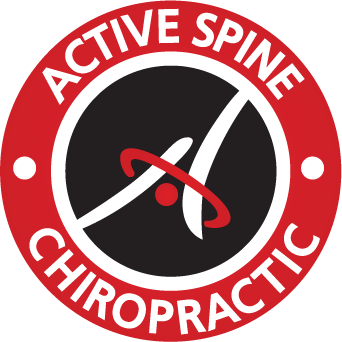 Vitamin D may be the most important nutrient you will need. Numerous studies have shown how important these levels are to your overall health. Some doctors are even using these levels as a baseline to determine how healthy you are.
Vitamin D may be the most important nutrient you will need. Numerous studies have shown how important these levels are to your overall health. Some doctors are even using these levels as a baseline to determine how healthy you are.
In the past this vitamin did not get as much time in the spotlight as it currently does. Now, physicians are prescribing mega doses of vitamin D to help patients with all sorts of conditions.
Years ago we spent more time outdoors than we do now. This sun exposure, combined with less environmental toxins, was sufficient enough for most of us to maintain adequate health. Over the years, as technology advanced, we find ourselves inside more often glued to our TVs, computers, and phones.
In addition to less sun exposure, our food is not nearly as nutrient dense as it used to be. Therefore, we turn to supplements for optimal health. Fortunately, vitamin D is easy and inexpensive to purchase. Some researchers and scientists recommend taking it with vitamin K2. This combination helps direct calcium into the right areas.
Vitamin D is so important because it helps in bone growth, assists in hormone functions, and most importantly improves your immune system. Optimal levels support your immune system, especially during cold and flu season. In fact, several articles have shown COVID-19 outcomes directly related to patient’s vitamin D levels. Higher levels had less severe outcomes, where lower levels may have led to longer recoveries and/or fatal outcomes.
Taking vitamin D supplements with meals will help increase the absorption rate. Being a fat soluble diet there is a risk of taking too much, although toxic levels are less common. Some researchers have suggested being able to take anywhere from 50,000-100,000 IUs a week without any problems. As always, consult your primary care physician and/or pharmacist before adding any new supplements to your diet to make sure there are no drug interactions.
Signs and Symptoms of Vitamin D Toxicity
- weakness
- fatigue
- headaches
- loss of appetite
- dry mouth
- metallic taste
- nausea
- vomiting
I hope you consider trying to increase your levels of vitamin D. Your primary care physicians are able to test your levels to make sure you have the proper amounts. Remember, you can take a supplement or eat foods like eggs and sardines, but the easiest way to increase your levels are to get outside.
Dr Spencer Charlet
Mooresville Chiropractor
704-663-7625






